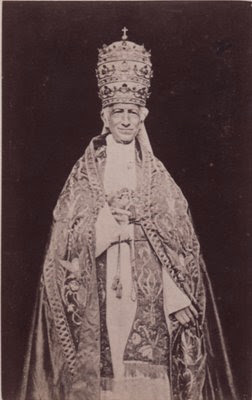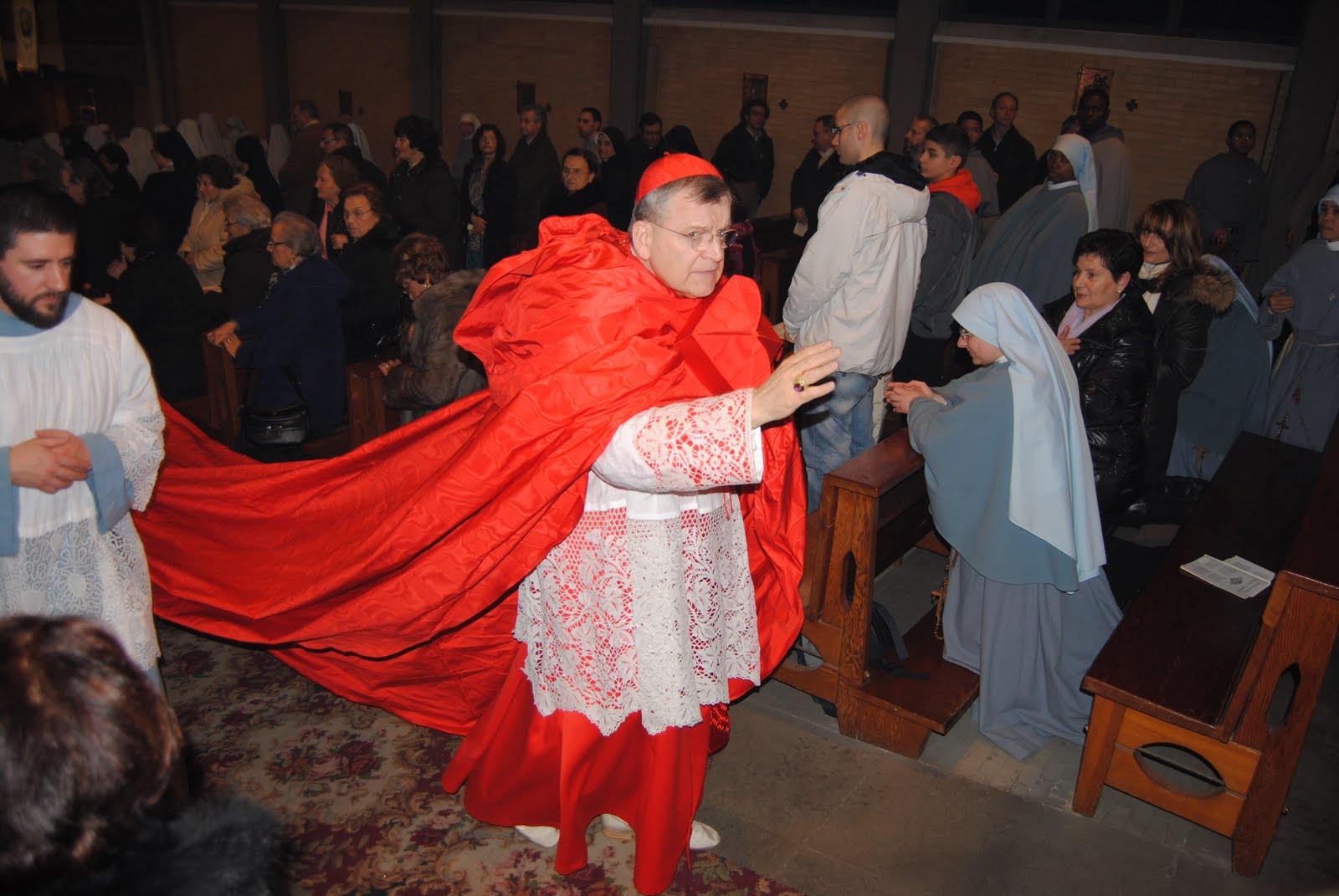@Luca85 The presence of a strong, centralized papal authority is also what enabled the Catholic Church to avoid becoming the caeseropapist pawn of secular monarchs, like numerous Orthodox hierarchs throughout history (think the Russian Orthodox Church under Patriarch Kirill and Vladimir Putin). As the eminent legal historian Harold J Berman argued in his classic study,
Law and Revolution: The Formation of the Western Legal Tradition:
"...THE FIRST OF the great revolutions of Western history was the revolution against domination of the clergy by emperors, kings, and lords and for establishment of the Church of Rome as an independent, corporate, political and legal entity, under the papacy..."
Even more to the point, modern secularism probably wouldn't have developed in Europe without the sphere of relative autonomy created within the Italian city-republics as a result of the centuries long tussle between the Papacy and the Holy Roman Empire, which ended in a stalemate in which neither side could dominate.
In
Medieval Political Theory - A Reader: The Quest for the Body Politic, ed. Cary J. Nederman and Kate L. Forhan (Routledge: London & New York, 1993), this 'Investiture Contest' between the papacy and empire is explained to have had serious implications for the rise and development of secularism. Here's an excerpt I will take from pp 15-16:
The secular character of many Church offices became controversial over the course of the eleventh century, when the Church experienced several waves of reforms. The culmination of this reforming urge came with the elevation of Pope Gregory VII (1073-85), who prohibited the appointment of clerical officials by temporal rulers (so-called lay investiture) in a 1075 decree. Gregory's prohibition was unequivocal...
This proclamation sparked off a conflict with the Roman Emperor Henry IV (1056-1106), who viewed the Gregorian position as a direct affront to his customary rights as a temporal ruler and to his ability to maintain political order within German society. In the course of the ensuing controversy, Gregory and Henry each asserted the ultimate authority of his respective office over the other, to the extent that they both issued proclamations of deposition against one another.
The emergence of this conflict was significant for the development of medieval political thought in several ways...In sum the Investiture Controversy provided an early opportunity for thinkers to begin to speculate about the nature and origins of government and rulership, and thus created an intellectual climate within which secular political thought might emerge.
The eventual resolution of the conflict was no less important for the evolution of medieval political ideas. The contest between papal and temporal authorities persisted into the early twelfth century, spreading to other Western European countries. Although it may be too simplistic to say that the views of the Gregorian reformers were victorious, the Church did succeed in establishing its independence from secular control in a manner analogous to that originally proposed by Gregory VII. In 1107 King Henry I of England renounced his rights of investiture, although on condition that ecclesiastical magnates continue to perform feudal homage to the Crown.
Similar terms were accepted by the German Emperor Henry V (1106-1125) in 1122, after another prolonged period of strife between the imperial and papal powers. The effect of this resolution was more profound than it might appear. For thousands of years, the pre-modern societies of Rome, Egypt, China, Mexico, Peru and Japan, for example, were essentially theocratic, that is ruled by a God-King or by a priestly caste. The distinctively different character of Western and modern politics developed in part through the separation of secular from religious power. For in freeing the offices of the Church from the direct control of the princes, the secular rulers had also succeeded in liberating themselves from the immediate responsibility for religious and ecclesiastical affairs. Likewise, religious leaders liberated themselves from the burden of secular responsibilities. Henceforth, the world of medieval politics was understood to be composed of two mutually independent coordinate powers: the regnum (secular kingdom) and the sacerdotium (spiritual realm). Each of these spheres enjoyed its own distinct concerns and interests which, while somewhat overlapping, were fundamentally separate. This lent to temporal politics a measure of autonomy which it had not enjoyed previously during the Middle Ages. It also created a political climate within which theoretical speculation about uniquely human, earthly public affairs could commence. Thus, the resolution of the Investiture Controversy in the early twelfth century simultaneously heralded the dawning of a more strictly secular tradition within medieval political theory.
As the political scientist Francis Fukuyama argued in his 2011 book,
The Origins of Political Order:
The Origins of Political Order
"...The papacy established a strong tradition of rule of law in Western Europe as early as the twelfth century as part of the Catholic Church's effort to seek independence from the influence of kings who could depose popes at will...
Two of the three basic institutions that became crucial to economic modernization – individual freedom of choice with regard to social and property relationships, and political rule limited by transparent and predictable law – were created by a premodern institution, the medieval Church. Only later would these institutions prove useful in the economic sphere..." (p. 275)
Papal sovereignty was the model for state sovereignty and without his ability to operate as an independent actor on the world stage, the Catholic Church would be entirely beholden to the outside interests of political leaders backed up with armies.


